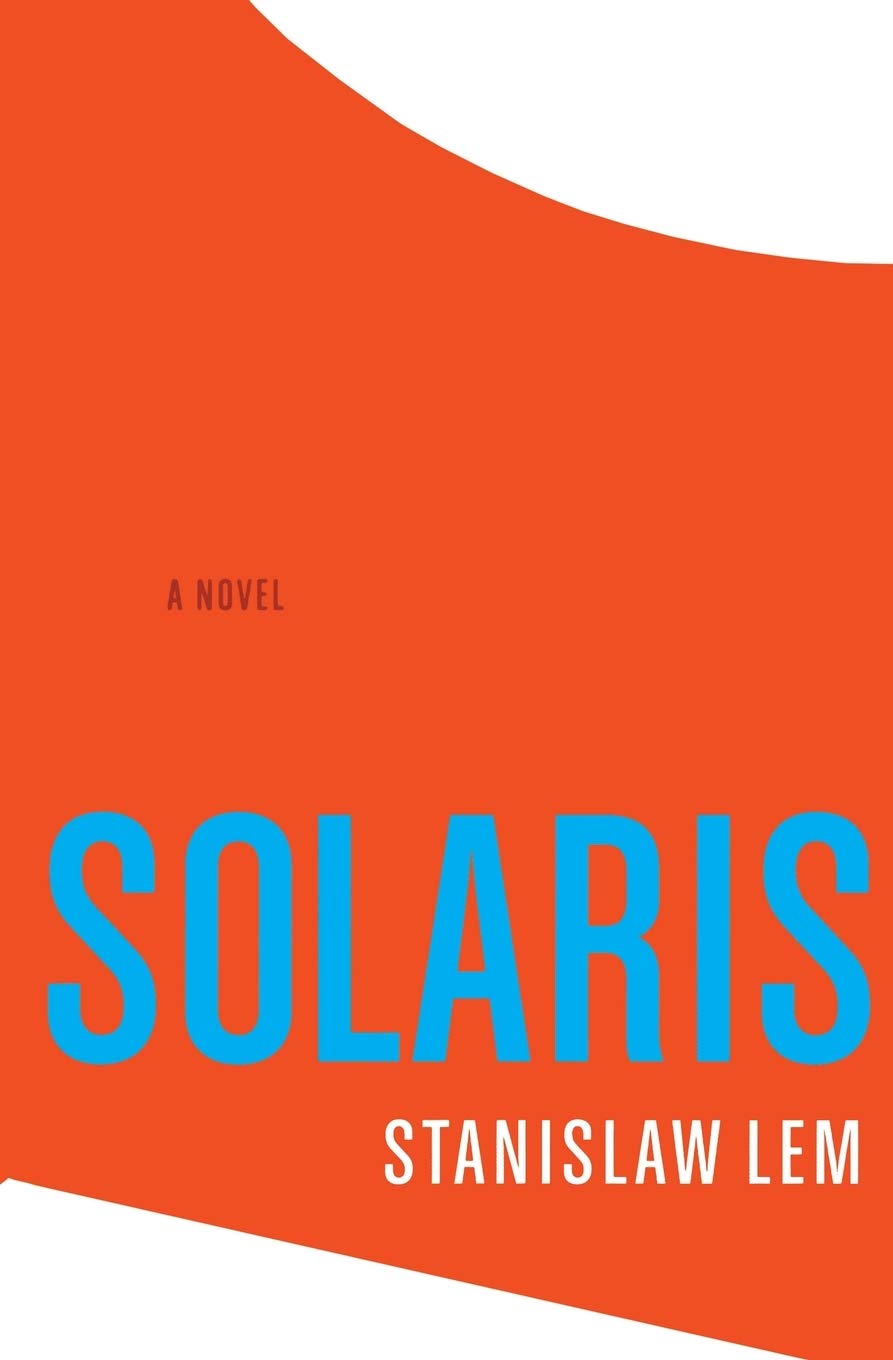Beabook30 reviewed Solaris by Stanisław Lem
Nuestros miedos y un Planeta
5 stars
Llegamos al planeta "Solaris". Lo que parecía un trabajo rutinario en la base humana, se complica desde el primer momento. Uno de sus ocupantes está muerto, otro parece aterrado, paranoico y dice cosas sin sentido. Después ve algo...
El verdadero protagonista en realidad es el planeta. Solaris está cubierta por una mar extraño, denso, cambiante, impetuoso y creativo. Es un mar vivo y aparentemente consciente, el único habitante del lugar, tal vez sea el lugar en si mismo. El autor nos relata multitud de teorías erróneas o acertadas sobre su naturaleza, evolución, consciencia... y descubrimos cómo nuestras mentes limitadas nos definen, encadenan y nos hacen incapaces de entender lo que es ajeno a nuestra naturaleza. Es un libro científico, paranoico, romántico, filosófico, claustrofóbico incluso religioso... ¿Qué haríamos ante la oportunidad de sanar nuestra heridas, superar la pérdida, traumas, las cargas de nuestra conciencia? ¿Qué nos hace Humanos? ¿La sangre, …
Llegamos al planeta "Solaris". Lo que parecía un trabajo rutinario en la base humana, se complica desde el primer momento. Uno de sus ocupantes está muerto, otro parece aterrado, paranoico y dice cosas sin sentido. Después ve algo...
El verdadero protagonista en realidad es el planeta. Solaris está cubierta por una mar extraño, denso, cambiante, impetuoso y creativo. Es un mar vivo y aparentemente consciente, el único habitante del lugar, tal vez sea el lugar en si mismo. El autor nos relata multitud de teorías erróneas o acertadas sobre su naturaleza, evolución, consciencia... y descubrimos cómo nuestras mentes limitadas nos definen, encadenan y nos hacen incapaces de entender lo que es ajeno a nuestra naturaleza. Es un libro científico, paranoico, romántico, filosófico, claustrofóbico incluso religioso... ¿Qué haríamos ante la oportunidad de sanar nuestra heridas, superar la pérdida, traumas, las cargas de nuestra conciencia? ¿Qué nos hace Humanos? ¿La sangre, las células, el cerebro? ¿O el amor, el dolor, la esperanza, los vínculos que creamos?
Las descripciones sobre Solaris me parecen fascinantes, igual que la incapacidad humana para reconocer su existencia, su forma de vida o inteligencia... La primera vez que leí este libro me pareció asombroso, con un toque poético, místico. Me dediqué a imaginar ese mar viviente, incluso llegué a soñar con él. Su narración es tan lograda que crees la existencia de Solaris.
Quería volver a leerlo, pero temía la decepción. Ya se sabe: no se puede cruzar dos veces el mismo río pues él y nosotros hemos cambiado. Es muy difícil escribir una reseña puesto que tiene algo inalcanzable, inaprensible... pero hice lo que pude. Me ha llegado al corazón de forma tan intensa como la primera vez. Es de esas lecturas que se quedan grabadas y te acompañan con el transcurrir de los años. He sido un habitante de Solaris, he cruzado el espacio para alcanzar un destino nacido de sueños y pesadillas.
Al acabarlo he recordado la escena de "Blade runner" donde Rutger Hauer moribundo decía: "He visto cosas que vosotros nunca creeriais" " Todas esas cosas se perderán en el tiempo como lágrimas en la lluvia". Solaris nunca se perderá mientras alguien lo lea o lo recuerde.










